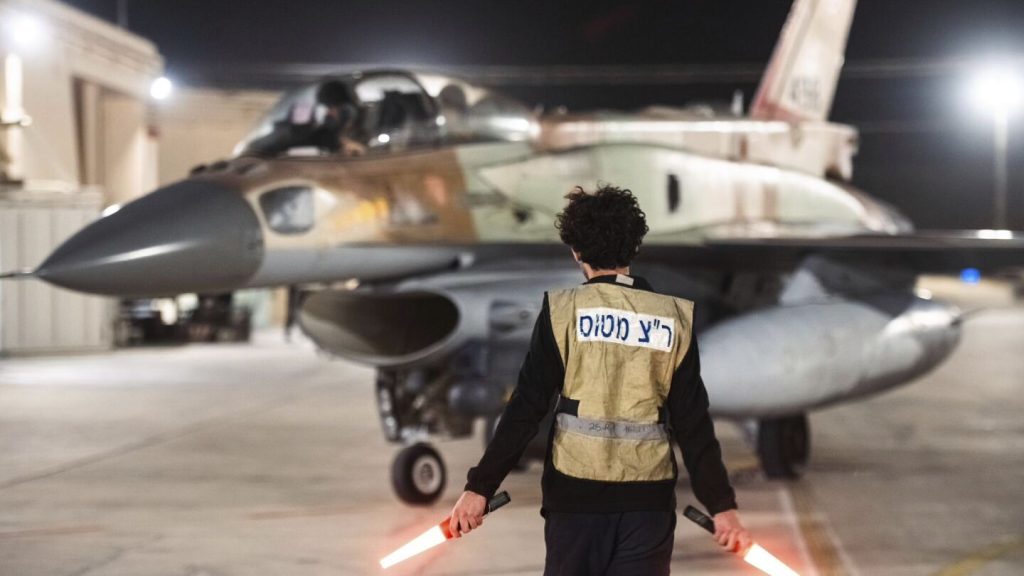Israel retaliated against Iran with pre-dawn airstrikes on military targets in response to a barrage of ballistic missiles fired by Iran earlier in the month. This marked the first time Israel openly attacked Iran, targeting facilities used to make the missiles and surface-to-air missile sites. Both countries seemed to be trying to avoid a more serious escalation, as Iran insisted the strikes caused only limited damage, and Israeli Prime Minister Benjamin Netanyahu warned against further escalation.
Iran issued a statement affirming its right to defend against foreign aggression, with Foreign Minister Abbas Araghchi stating that Iran has no limits in defending its interests. However, Iran’s military suggested that a cease-fire in Israel’s ground offensives in Gaza and Lebanon could take precedence over possible retaliatory strikes. The airstrikes resulted in the death of four individuals in Iran’s military air defense, with military bases in several provinces targeted, but questions arose about whether anything was hit at the Revolutionary Guard bases.
U.S. President Joe Biden confirmed that Israel informed him in advance about the strikes and stated that they appeared to target only military sites. Israeli military spokesperson Rear Adm. Daniel Hagari warned of further responses if Iran escalates the situation. The international community also weighed in, with the U.S. warning against further retaliation, while Britain and Germany called for restraint. Saudi Arabia condemned the strike as a violation of Iran’s sovereignty, while Hezbollah and Hamas denounced Israel’s attack.
The tensions between Israel and Iran have been escalating for decades, with the two countries being bitter foes since the 1979 Islamic Revolution. Israel views Iran as its greatest threat due to calls for its destruction, support for anti-Israel militant groups, and its nuclear program. The shadow war between them has seen assassinations of Iranian nuclear scientists, sabotage of nuclear installations, and attacks on shipping in the region. The recent airstrikes have brought their long-standing conflict into the light, raising concerns about further escalation in the region.
The airstrikes have heightened regional tensions, with Lebanon witnessing deadly attacks attributed to Israel, and a massive airstrike outside Beirut killing Hezbollah’s leader. Israel’s ground invasion in southern Lebanon has displaced thousands and raised the death toll. Hezbollah has warned Israeli communities in northern Israel to evacuate, considering them legitimate military targets due to Israeli attacks. The situation remains volatile, with fears of further violence and escalation as regional powers navigate through the aftermath of the airstrikes.
The impact of the airstrikes is being felt both domestically in Iran and internationally, with mixed reactions from various countries and organizations. Israel’s decision to avoid striking strategic and economic targets was criticized by some, while others called for restraint and de-escalation. The ongoing conflict between Israel and Iran, coupled with regional tensions and past incidents, has put the Middle East on edge. As the situation unfolds, the international community will be closely monitoring developments to prevent further escalation and ensure stability in the region.















